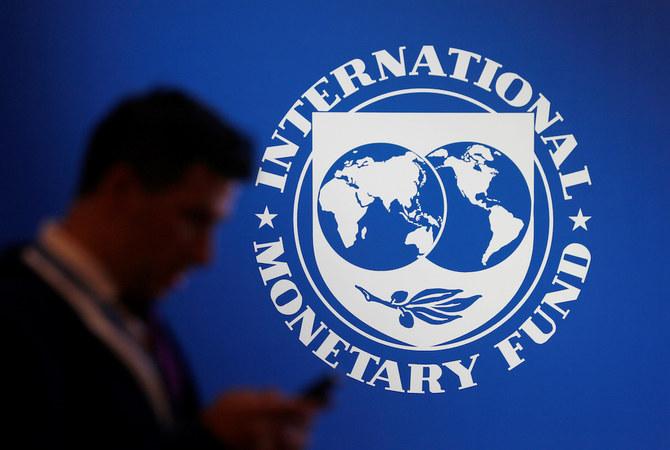
Beirut, Lebanon (Enmaeya News) — An International Monetary Fund (IMF) mission led by Ernesto Ramirez Rigo concluded an eight-day visit to Lebanon on June 5, 2025. The visit, which began on May 28, was made at the request of Lebanese authorities to begin discussions on a comprehensive reform program that could receive IMF support.
During the visit, the IMF delegation met with key Lebanese officials, including the President, the Ministers of Finance and Economy, and various economic organizations. The meetings aimed to clarify the essential reforms needed as a foundation for a potential agreement with the IMF.
IMF Priorities for Lebanon
The IMF’s main priorities ahead of signing any agreement include restoring financial and economic stability and implementing overdue structural reforms. The fund emphasized that finalizing a program depends on Lebanon's commitment to pushing forward with key legislation and actions.
The talks are seen as a step toward a formal agreement, which both sides hope to finalize before Lebanon's upcoming parliamentary elections next year.
The IMF remains in ongoing contact with Lebanese officials to monitor progress and ensure that necessary laws are passed.
The delegation is expected to return in September to assess the status of reforms, while deputy central bank governors are scheduled to travel to Washington for talks on monetary and banking issues.
The IMF did not provide a specific timeline for an agreement, saying it depends on how quickly Lebanon can deliver on its reform commitments. Some progress has been made, such as Parliament’s approval of amendments to the banking secrecy law in April.
However, other key reforms remain pending. A draft banking sector restructuring law has been approved by the Cabinet and sent to Parliament. The bill aims to restructure the banking sector, protect small depositors, and recapitalize banks. The Parliamentary Finance and Budget Committee has started reviewing the draft. However, its implementation depends on the approval of another law addressing Lebanon's financial gap, which would define how losses are shared among the state, banks, and depositors.
The IMF expects the banking law to be passed this month. It also considers a balanced 2026 budget essential, with the government free to introduce taxes or fees to increase revenue if necessary to reduce the deficit.
If Lebanon fulfills its responsibilities and finalizes a detailed reform program, a deal with the IMF could be reached. The expected funding from the IMF remains modest — around $3 billion, possibly less — despite speculation it could be higher.
IMF Statement
At the end of the visit, IMF mission chief Ernesto Ramirez Rigo stated that the delegation held productive discussions with Lebanese authorities on a comprehensive economic reform program aimed at restoring macroeconomic sustainability and securing funding for reconstruction. He explained that the initial talks focused on key reform areas, including restoring the viability of the banking sector while protecting depositors as much as possible, achieving fiscal and debt sustainability alongside strengthening social safety nets and institutional capacity, and establishing stable monetary and exchange rate frameworks.
The discussions also covered improving governance and transparency, enhancing anti-money laundering and counter-terrorism financing systems, and reforming state-owned enterprises.
Next Steps
Rigo noted that the Parliament is expected to approve the pending legislation. He said the IMF also discussed deposit recovery strategies and bank restructuring plans with Lebanese officials: "More work in close cooperation with the authorities will be needed to ensure this strategy is aligned with international standards and debt sustainability requirements"
The delegation also reviewed the draft 2026 budget and discussed creating a medium-term fiscal framework. Given Lebanon’s limited financial space, any new spending must be fully offset by new revenue. This includes improving tax and customs administration.
"An ambitious medium-term revenue mobilization and expenditure rationalization strategy along with improved fiscal transparency and public financial management is needed to strengthen public finances," Rigo said.
Strengthening Public Finances
The IMF stressed that Lebanon must improve its public finances to increase funding for social support and capital investment. This should be supported by a plan to restructure Eurobonds to restore debt sustainability.
Rigo said: "Given Lebanon’s substantial reconstruction needs, the authorities’ reform efforts will require significant support from external partners, preferably on highly concessional terms. Enhanced support to Lebanon is also needed to help the country shoulder the continued burden of hosting a large refugee population."
He concluded that discussions on the reform program will continue, either from IMF headquarters or through future missions. The IMF remains committed to supporting Lebanon in line with its mandate and policies.



